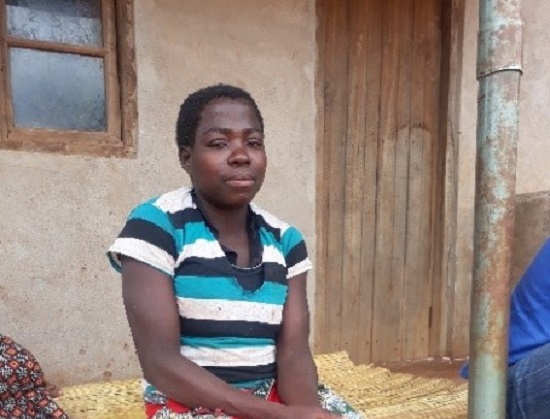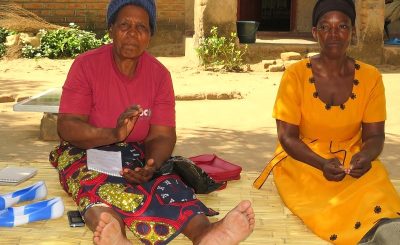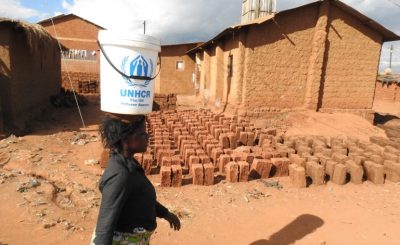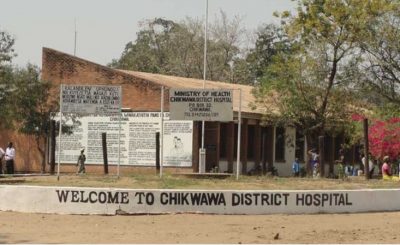Dalesi Juwawo, 25 of Kaukutu village in the area of Traditional Authority Nyambi in Machinga district believes fistula is the end of a woman’s dignity. She says her two years of living with fistula between 2015 and 2017 was a living hell.
“I could not accompany my friends for hours,” she recalls. “I was stinking a lot and every few minutes I could feel I am wet and that made me feel very uncomfortable to be among friends and family.”
The mother of one, says it all started in December 2016 when she had a second still birth after a prolonged labour. When she observed that she was getting wet frequently, she thought the liquids were part of the process of giving birth.
Little did she know that this was the beginning of her life with obstetric fistula, a condition that is caused by prolonged labour due to lack of timely and adequate medical care. It creates a hole in the birth canal, leaving the muscles that control urine or feces flow loose. The condition is also common among young girls with early pregnancies as their bodies are immature.
Dalesi blames her condition on negligence by health workers at Nyambi Health Centre in her area.
“I remember my labour started around 7:00 PM. I was not assisted the whole night until the following day around 4PM when I was referred to Machinga District hospital in Liwonde,” she explains.
Unfortunately, the midwives there did not handle her situation properly, resulting in prolonged labour and still birth.
“I struggled to keep myself clean because the problem became worse,” she says. Then, Dalesi says the man started sleeping out and eventually stopped coming to her house.
The standard Seven drop out experienced what scores of women with fistula face as a result of the condition-loss of self-esteem and dignity, isolation and other physical challenges.
Fast forward in 2017, Dalesi has now been repaired and reclaimed her lost dignity.
She now has a baby after undergoing a successful surgery. She was among the women who had their fistula repaired at Bwaila hospital in Lilongwe in 2016.
Dalesi says she feel the situation at the health centre is totally different as compared to her previous experience.
“During my last pregnancy I did not face any challenges at the Health Centre despite being scared of my past experience especially on how they midwives treated me. This time, I was received very well and delivered my baby without any problems,” she says.
She finishes by saying; “I think this project has helped health workers at the health facility to completely change their attitude towards us pregnant women. We are now being treated as human beings unlike in the past.
Dalesi was referring to the Every Woman Every Child (EWEC) which YONECO is implementing in the area with funding from UNICEF. The project has seen Radio listening clubs and Theatre groups in the area advocating for better services and calling for accountability at various levels including officials at the health facility through documentation of radio programs, engagement meetings and awareness campaigns.





